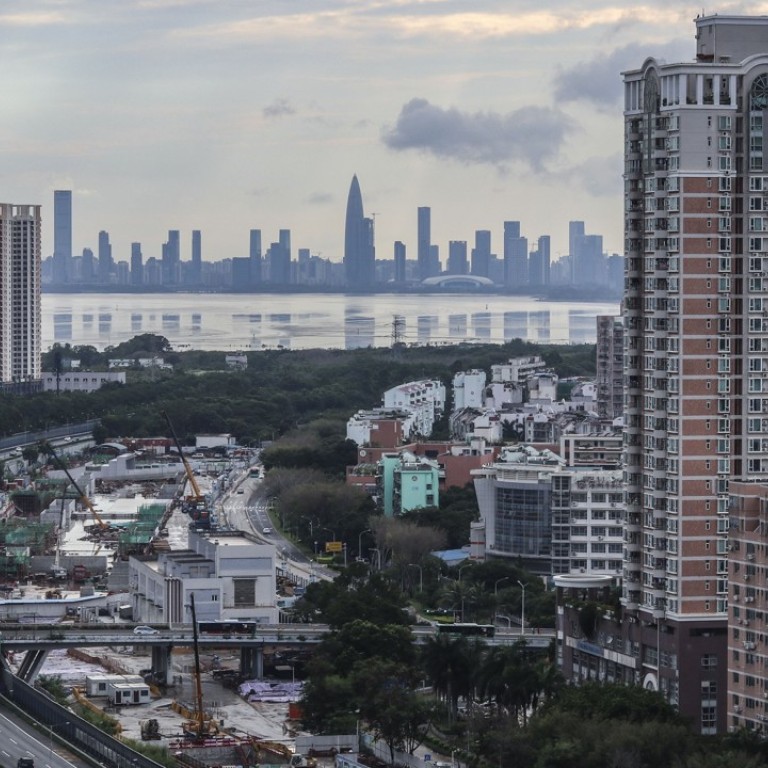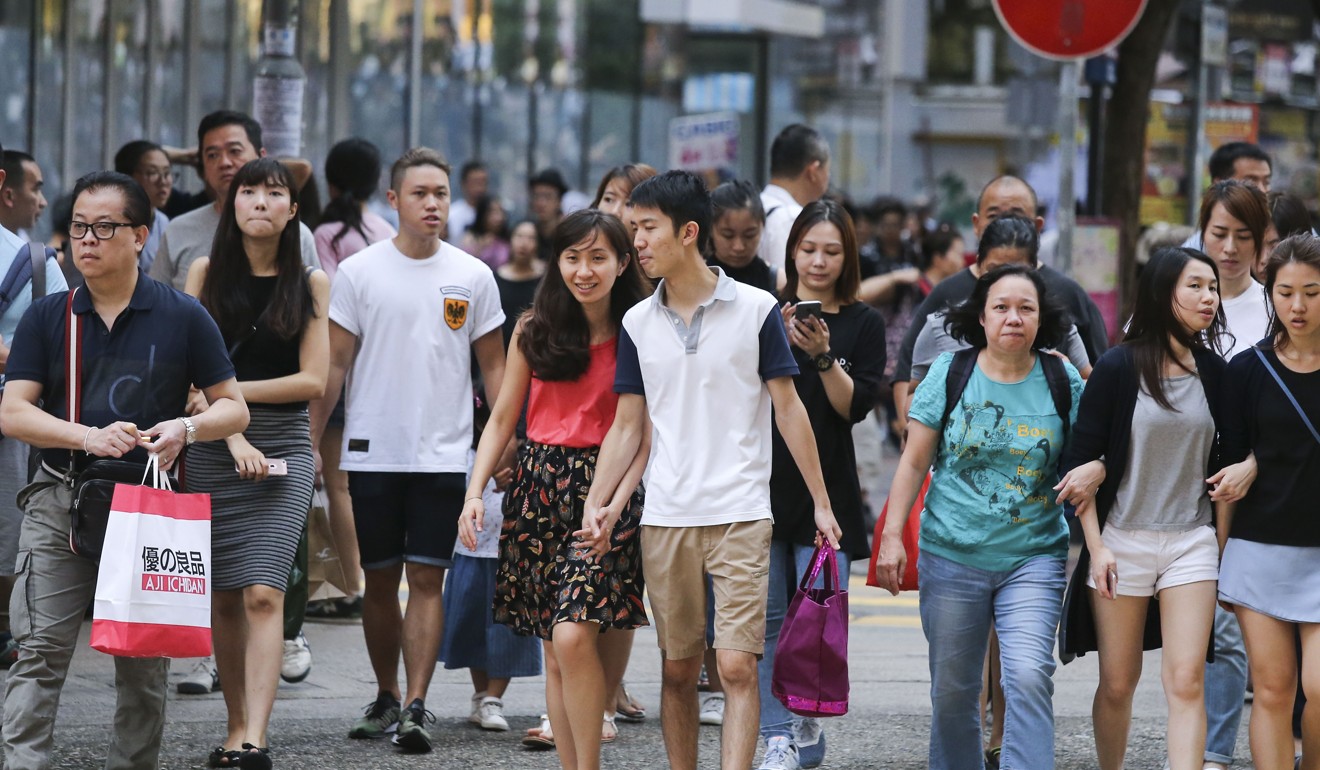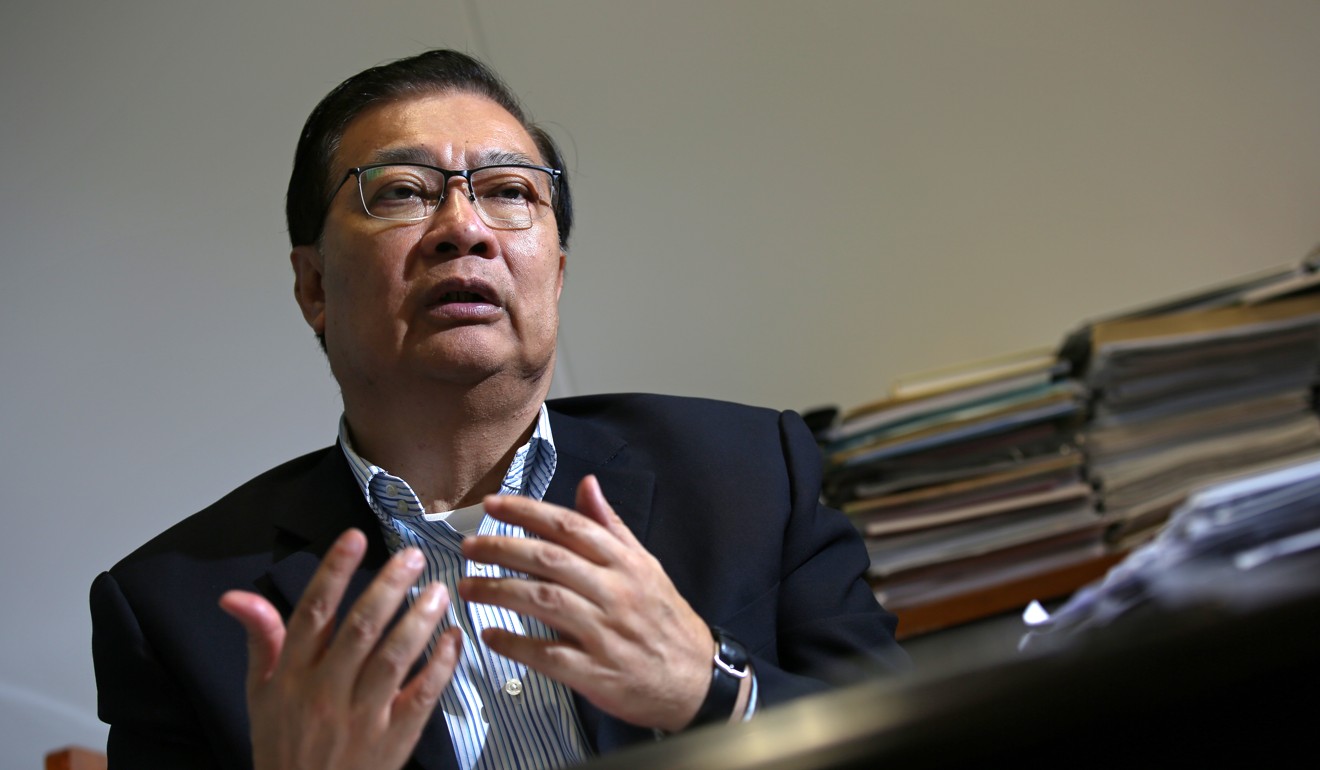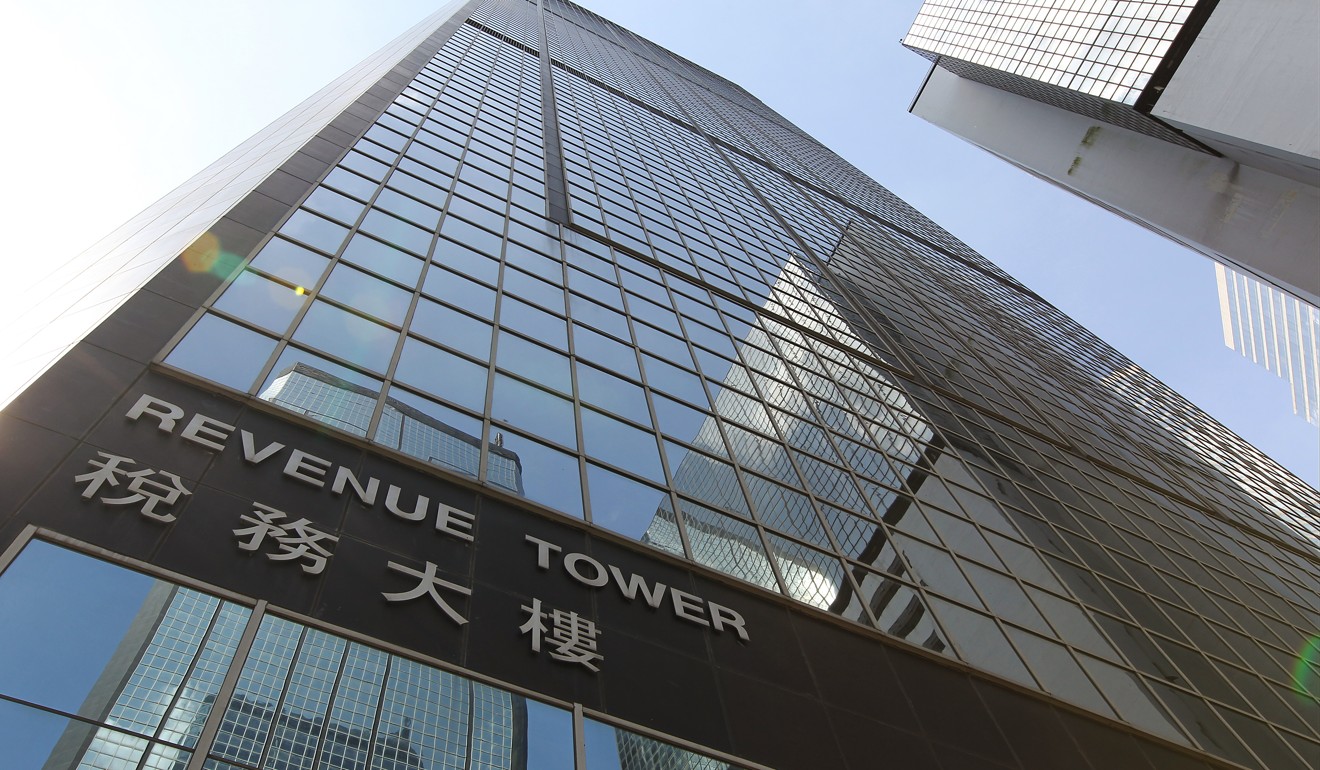
Hongkongers working in mainland China face being taxed on their global income
China’s top legislative body endorses proposal to tax Hongkongers who stay or work in mainland China for more than 183 days a year, but they still have a five-year window to lobby for an exemption.
Hongkongers living or working in mainland China could face bigger personal income tax bills after an amendment to the relevant law proposed by the Ministry of Finance was approved on Friday, but there is still room for possible relief.
The change, set to take effect from the beginning of next year, will require Hong Kong residents who stay or earn their main income on the mainland for more than 183 days a year to pay tax on any other earnings around the world.
The National People’s Congress Standing Committee (NPCSC), the country’s top legislative body, passed the amendment to the personal income tax law on Friday afternoon, but Hong Kong’s advisers to Beijing said there would still be a five-year window to lobby for an exemption.
Of the 171 NPCSC members present for the vote, 157 endorsed the amendment, two voted against it, and 11 abstained.

The current law requires Hongkongers who stay or work across the border for more than 183 days annually to pay tax only on their income from the mainland.
“Hongkongers’ concern can be solved by updating the treaty between the central government and the Hong Kong government [to avoid double taxation],” said Tam Yiu-chung, the city’s sole delegate to the NPCSC.”
Peter Kung Wing-tak, a Hong Kong member of the country’s top political advisory body, the Chinese People’s Political Consultative Conference (CPPCC), noted there would be a window of five years after the new law took effect to update the treaty.
‘Mission impossible’ for China’s Greater Bay Area without flow of people
The progressive tax rates for annual comprehensive income range from 3 per cent for the first 36,000 yuan (HK$41,363) to 45 per cent for anything exceeding 960,000 yuan (HK$1.1 million).
Implementation guidelines for the current personal income tax law stipulate that people without a permanent home across the border are only subject to tax on their global income from the sixth consecutive year of residence on the mainland.
“My suggestion to the financial and tax officials in the central government is that [even after the new law is implemented] Hongkongers should only be taxed on their mainland income,” Kung said.
Kung, who is also a senior adviser to KPMG China and specialises in mainland tax, drafted a three-point motion presented by Hong Kong’s deputies to the NPC, including Tam, when they were consulted on the issue in July.

“The standing committee will not handle specific arrangements this time. We can leave them to a future revision of the treaty to avoid double taxation between the central government and the Hong Kong government,” Tam said.
If we cannot introduce a new exemption, Hong Kong youngsters who [follow the government’s call] to work in the Greater Bay Area may bear the brunt
Other suggestions, according to Tam, included making a tax break in Hengqin – a special economic zone in Zhuhai – applicable to all Hongkongers on the mainland. The Hengqin government currently provides tax-free rebates to Hong Kong employees to make sure they pay the same amount they would have under the Hong Kong tax system.
“Tax officials in the central government told me Hongkongers need not worry,” Tam said.
Kung added: “I have met officials at least three times over the past two months. They told me the amendment was not meant to tax the overseas income of Hongkongers on the mainland. And they found my suggestion considerable.”
Kung said there were two ways to put his suggestion into practice.
Hongkongers living in mainland China still feel like second class citizens
“One is to make the suggestion a new term in the treaty between the central government and the Hong Kong government to avoid double taxation. The other is to make it the 11th exemption under article 4 of the personal income tax law’s implementation guidelines,” Kung said.
“If we cannot introduce a new term of exemption, Hong Kong youngsters who [follow the government’s call] to work in the Greater Bay Area may bear the brunt.”
Under the current treaty between Hong Kong and Beijing, a Hongkonger who spends half the year on the mainland and half in his home city can avoid heavier taxes across the border by arguing that his permanent home and vital socio-economic interests remain in Hong Kong.
“Youngsters who can’t buy a home in Hong Kong and live across the border for their jobs cannot substantiate this argument,” Kung said.
Survey: most young Hongkongers not interested in ‘China’s answer to Silicon Valley’
Tam said this was why they had to present their motion and would “have to work out a safety net”.
Catherine Tsang, a PwC partner who specialises in China tax, said the State Administration of Taxation should explain how the 183 days would be calculated under the new law and whether it would change the five-year tax break for non-mainlanders.
“Many Hongkongers working across the border need to support their families in Hong Kong, which can be quite a burden considering the city’s prices,” Tsang said.
“The central government should provide more tax incentives, such as expanding the Hengqin model, if it wants more integration.”

Rex Chan Chi-wan, director of a major securities company in Shanghai, said he sensed the affect of the amendments.
“I have already heard some Hongkongers discussing when to leave the mainland to escape this tax,” Chan said. “But I am confused about what will actually happen as the details are still murky and tax calculation here has long been complicated.”
Alan Tse Cheuk-fan, a banking professional who recently returned to Hong Kong from Shanghai, said China needed to address falling tax income because of slowing economic growth and property market curbs.
“Asking for an immediate waiver or tax rebate might not sound politically right at this moment,” Tse said. “But I think China might consider granting waivers to Hongkongers who have paid taxes for a certain length of time.”
A spokesman for Hong Kong’s Financial Services and the Treasury Bureau on Saturday said the government was seeking information from mainland authorities on whether and how the implementation guidelines for the income tax law might be changed to tie in with the newly passed amendment.
“This will enable us to ascertain the effect of the newly passed amendment ... on Hongkongers residing on the mainland,” the spokesman said.

